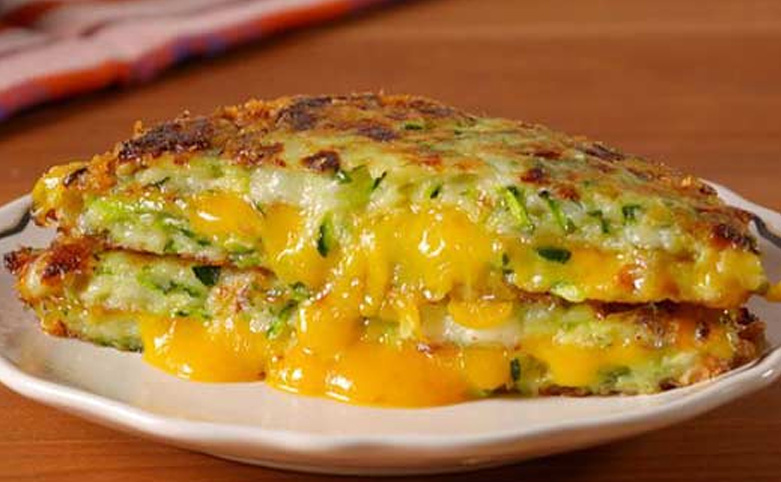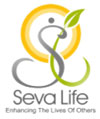
 Are there any keto vegetarians or vegans among us? Some of my friends and patients are trying the ketogenic way of eating. And some have had positive results. A ketogenic diet is rich in protein and fats. But what our veggie friends are interested in testing the keto waters? So I wanted to share a yummy veggie keto recipe [Zucchini Grilled Cheese].
Are there any keto vegetarians or vegans among us? Some of my friends and patients are trying the ketogenic way of eating. And some have had positive results. A ketogenic diet is rich in protein and fats. But what our veggie friends are interested in testing the keto waters? So I wanted to share a yummy veggie keto recipe [Zucchini Grilled Cheese].
# Should you go keto #keto pros and cons
What is a ketogenic (keto) diet?
In essence, it is a diet that causes the body to release ketones into the bloodstream. Most cells prefer to use blood sugar, which comes from carbohydrates, as the body’s main source of energy. In the absence of circulating blood sugar from food, we start breaking down stored fat into molecules called ketone bodies (the process is called ketosis). Once you reach ketosis, most cells will use ketone bodies to generate energy until we start eating carbohydrates again. The shift, from using circulating glucose to breaking down stored fat as a source of energy, usually happens over two to four days of eating fewer than 20 to 50 grams of carbohydrates per day. Keep in mind that this is a highly individualized process, and some people need a more restricted diet to start producing enough ketones.
Because it lacks carbohydrates, a ketogenic diet is rich in proteins and fats. It typically includes plenty of meats, eggs, processed meats, sausages, cheeses, fish, nuts, butter, oils, seeds, and fibrous vegetables. Because it is so restrictive, it is really hard to follow in the long run. Carbohydrates normally account for at least 50% of the typical American diet. One of the main criticisms of this diet is that many people tend to eat too much protein and poor-quality fats from processed foods, with very few fruits and vegetables. Patients with kidney disease need to be cautious because this diet could worsen their condition. Additionally, some patients may feel a little tired in the beginning, while some may have bad breath, nausea, vomiting, constipation, and sleep problems.
Susan Stukes Camp DDS, CHHC
Zucchini Grilled Cheese

